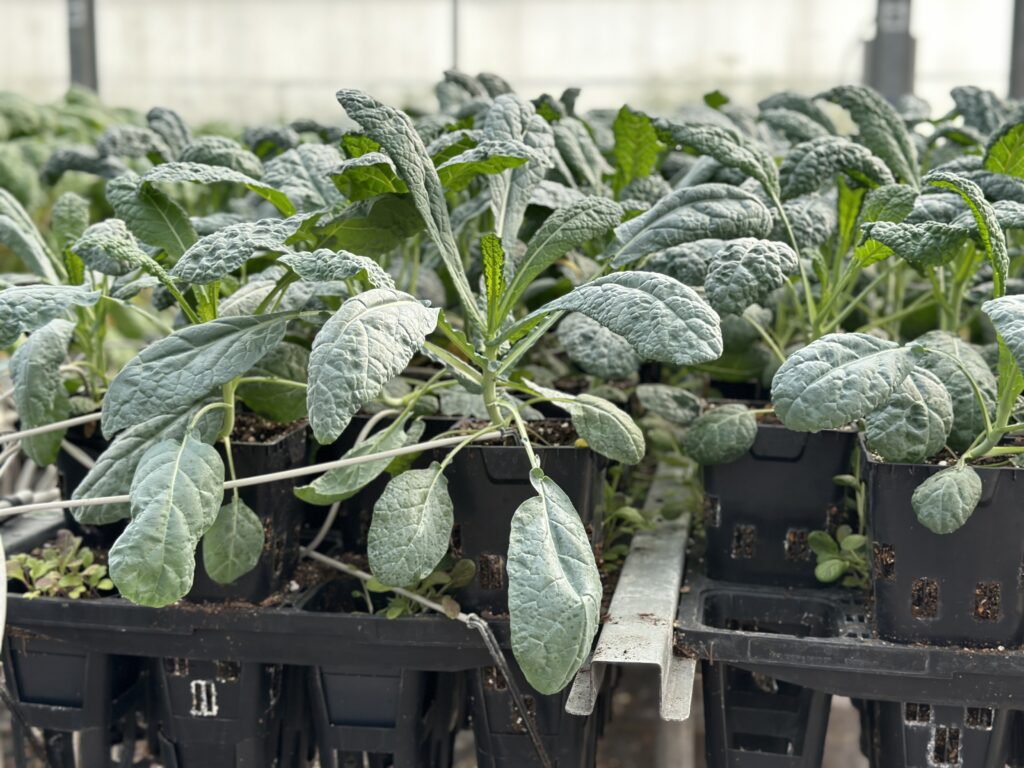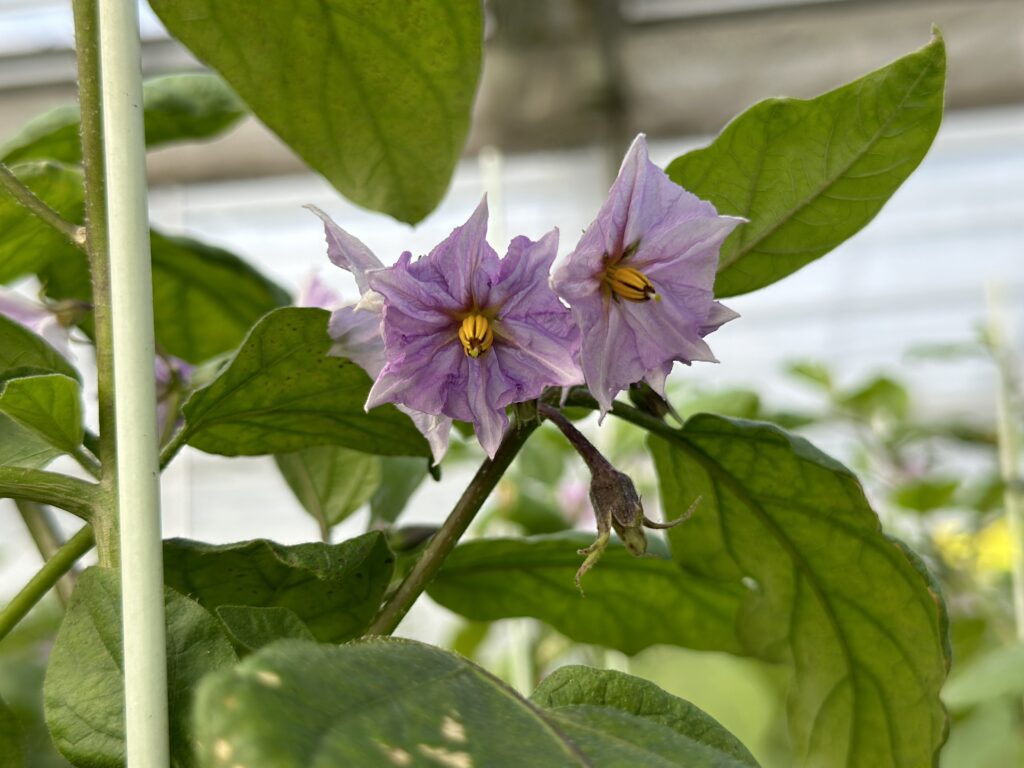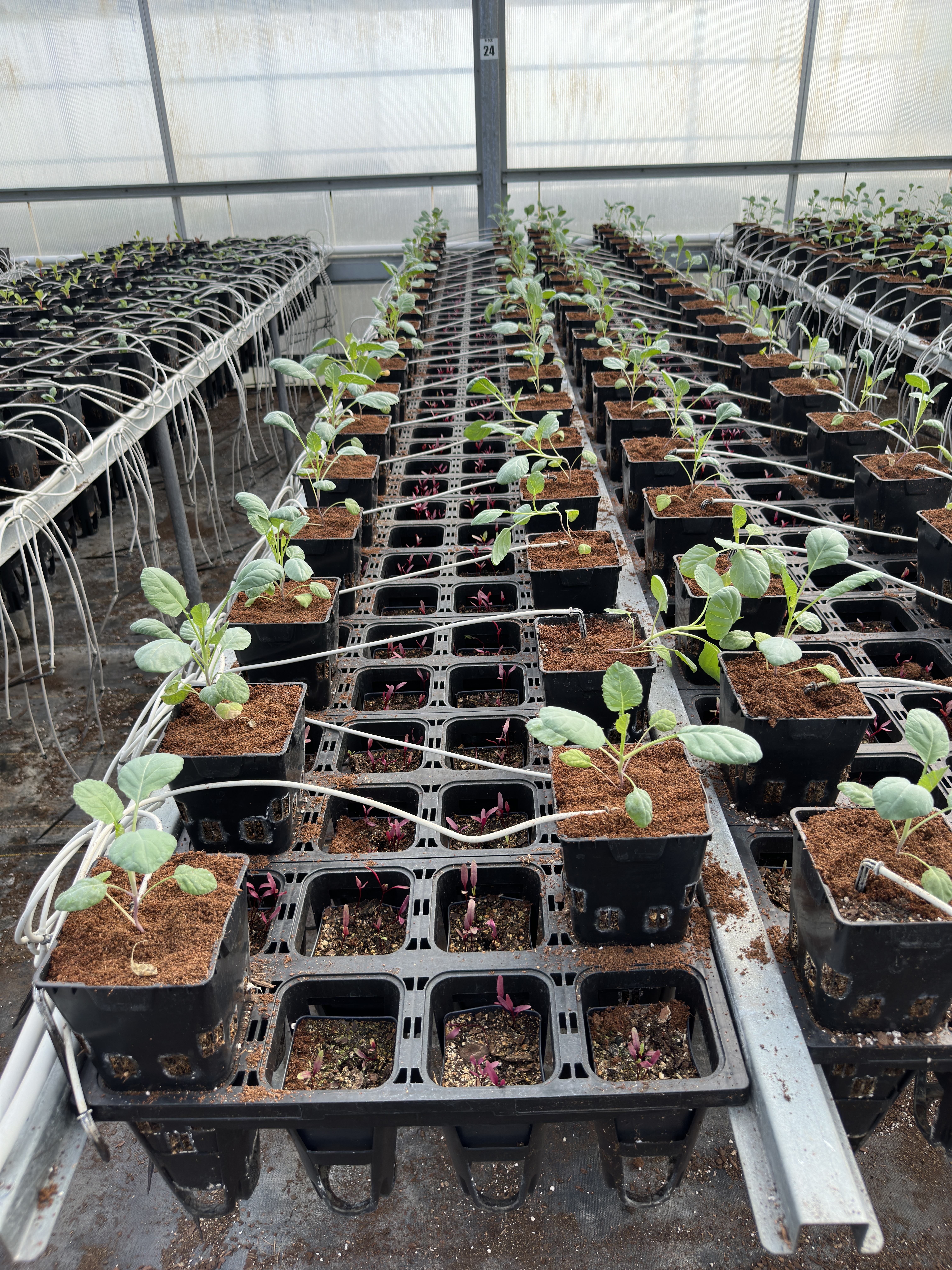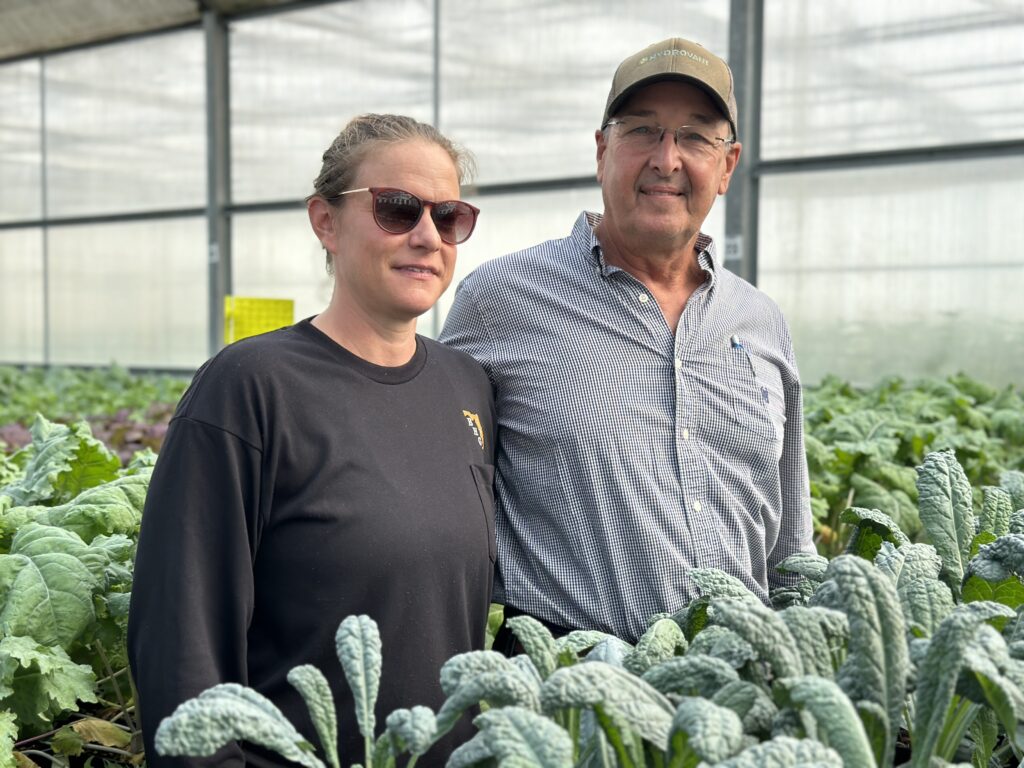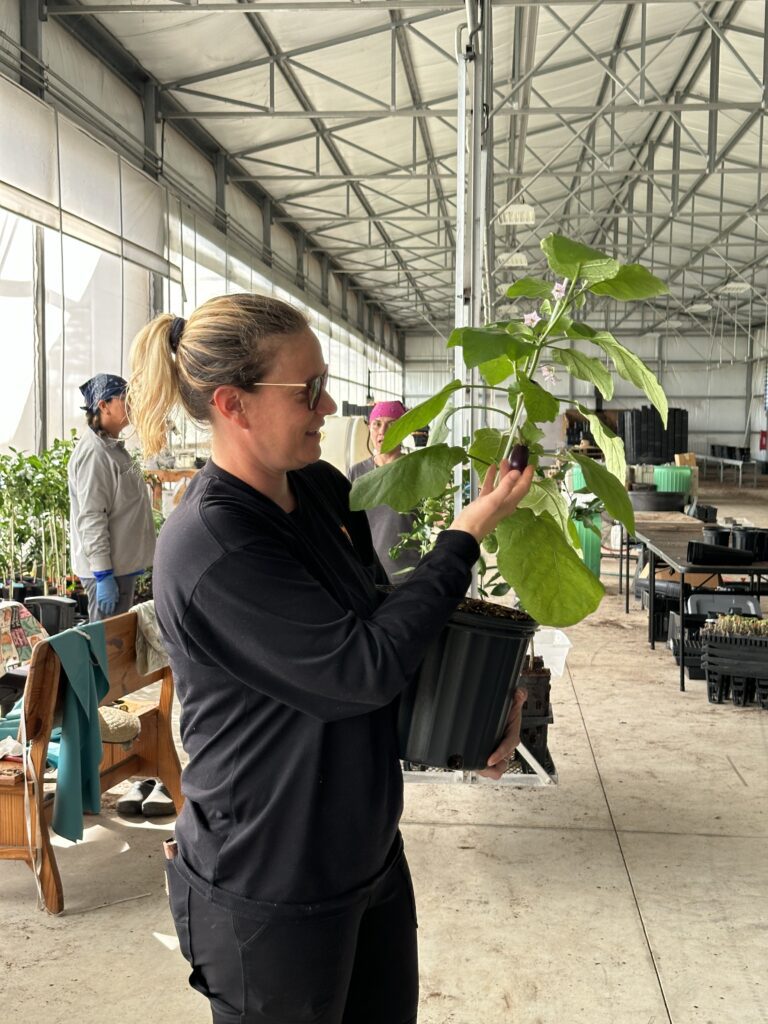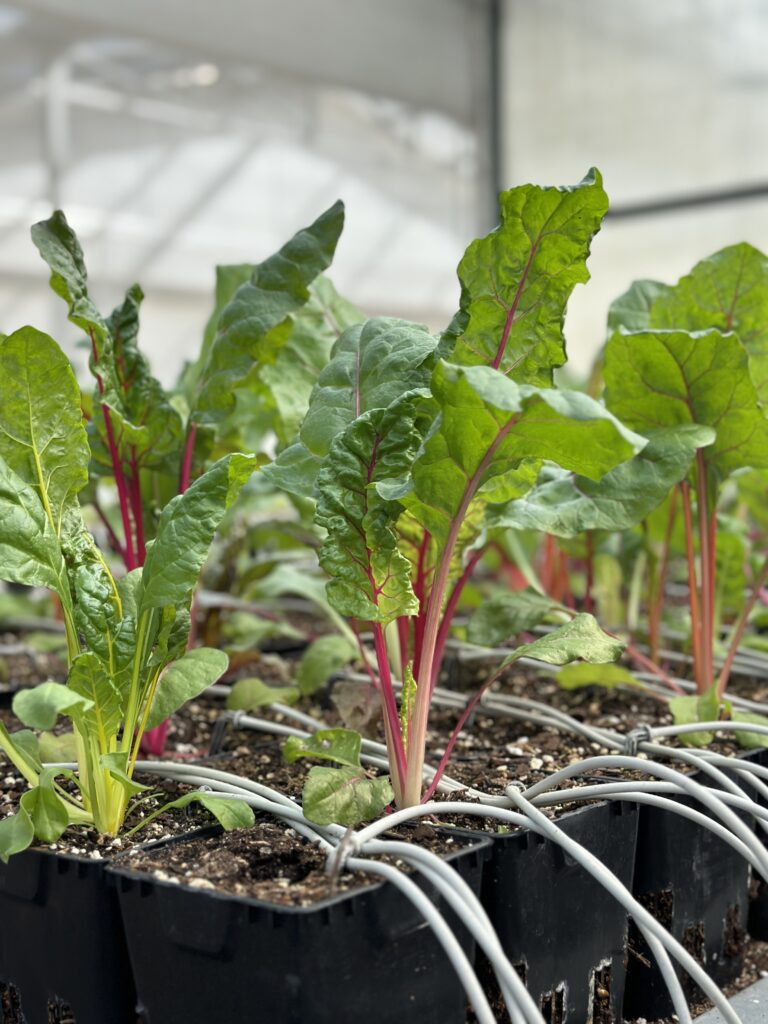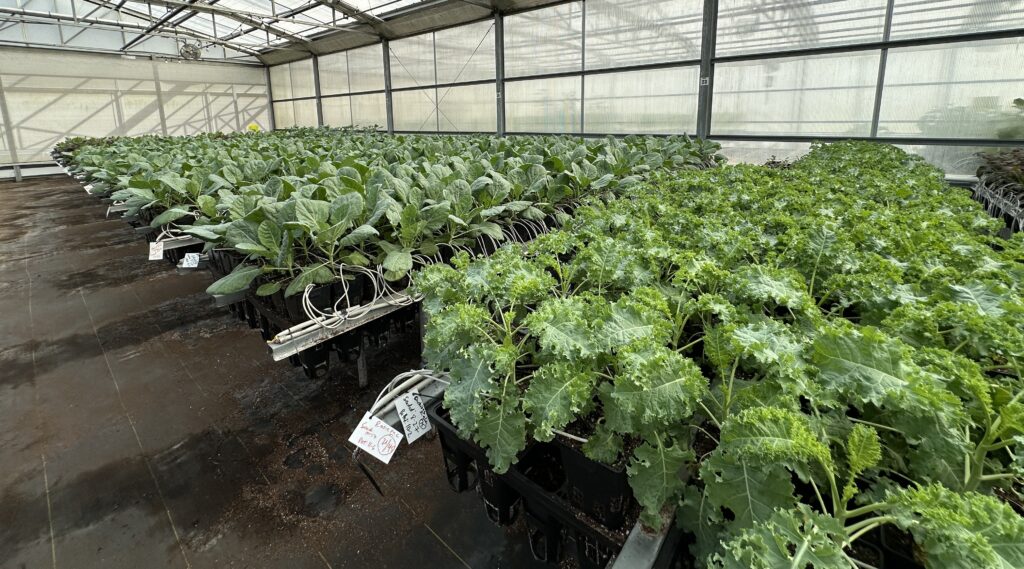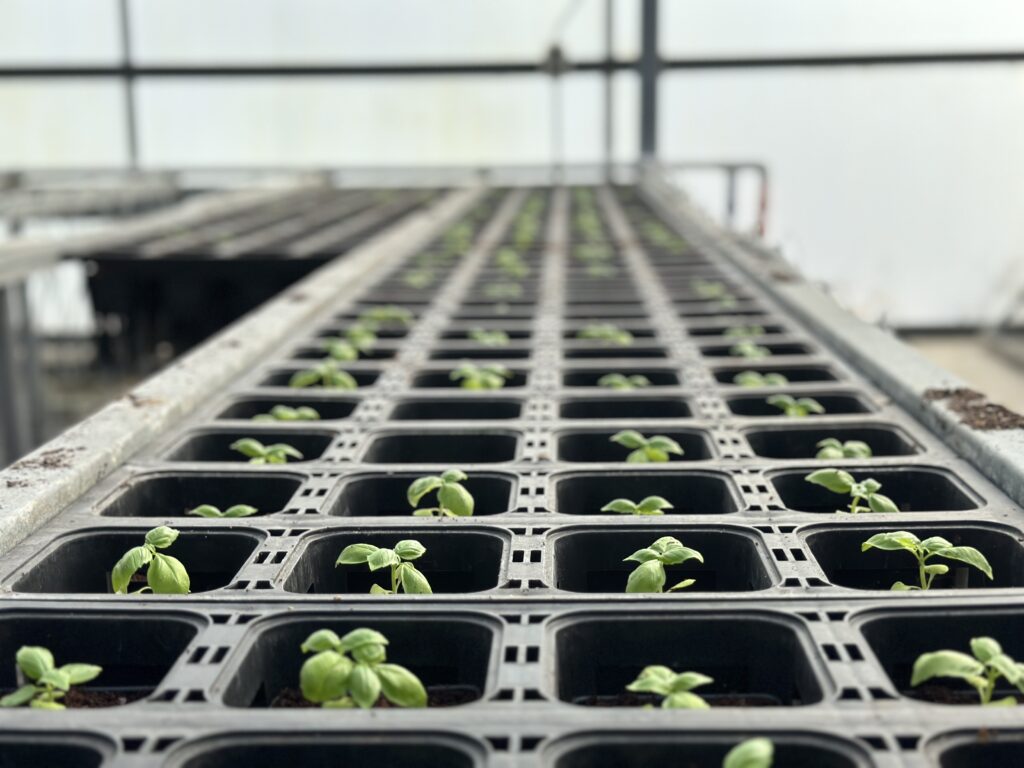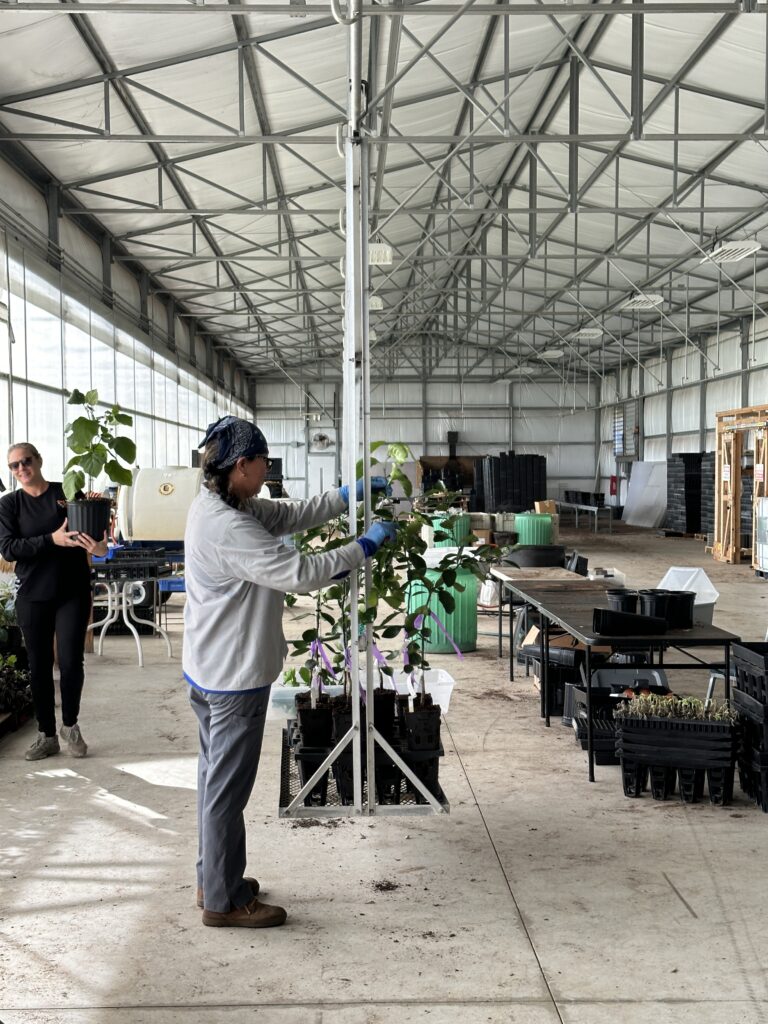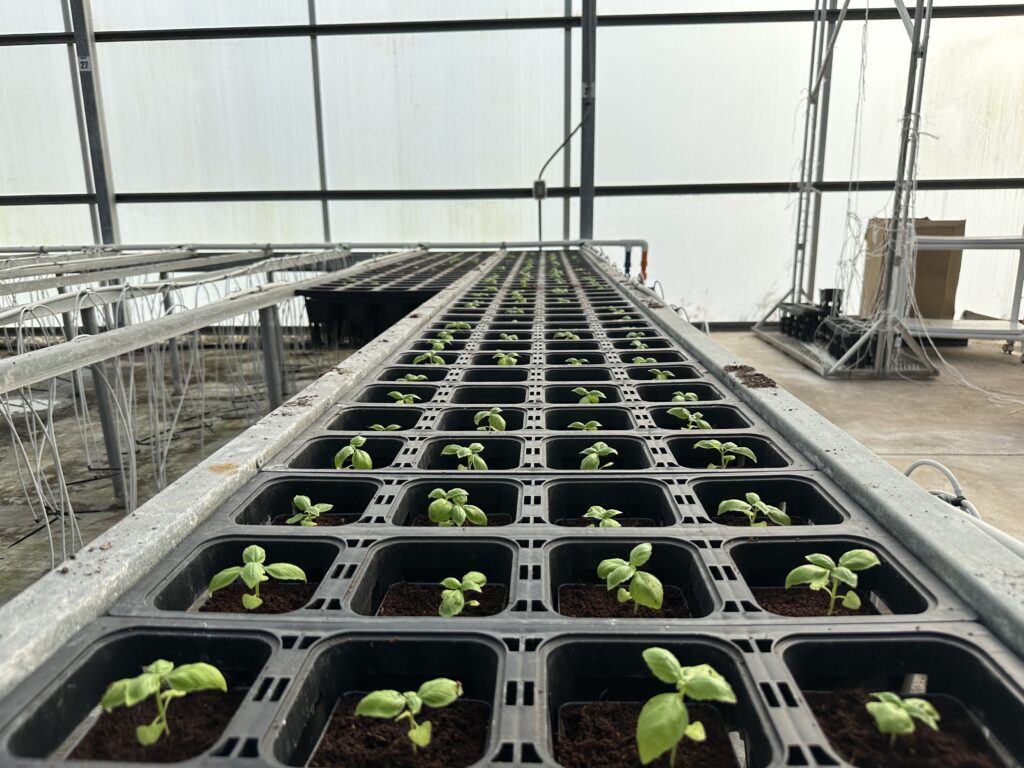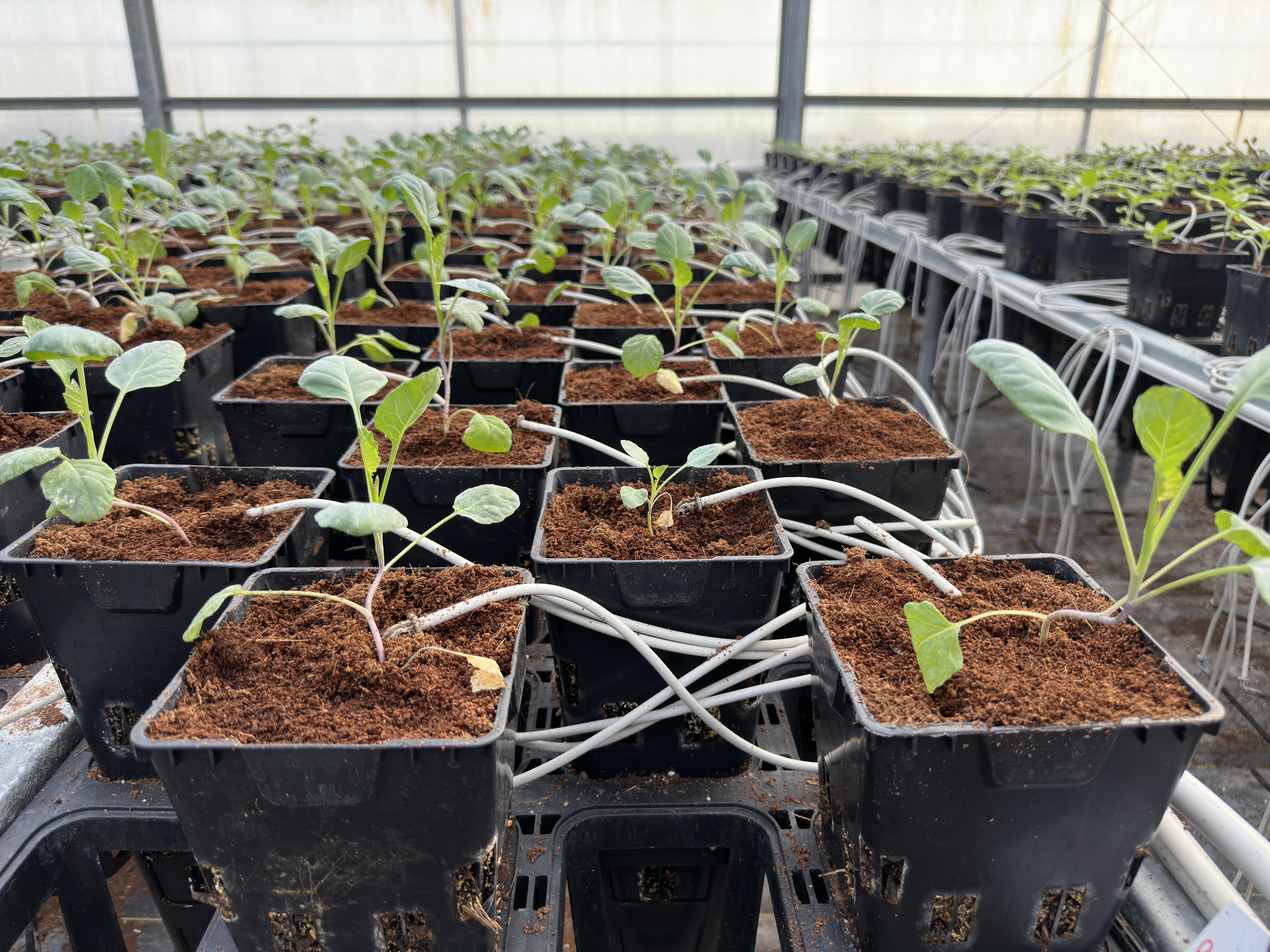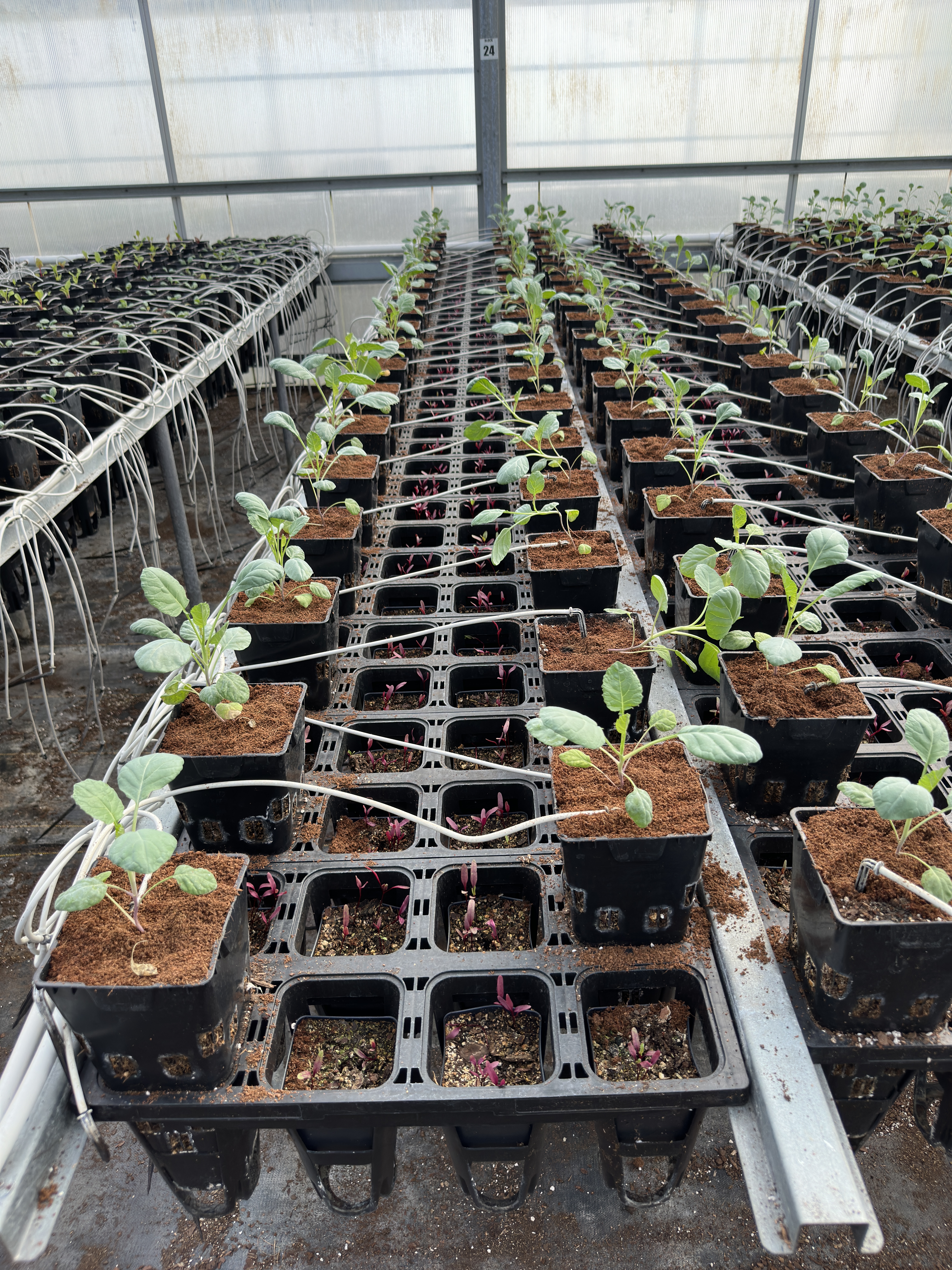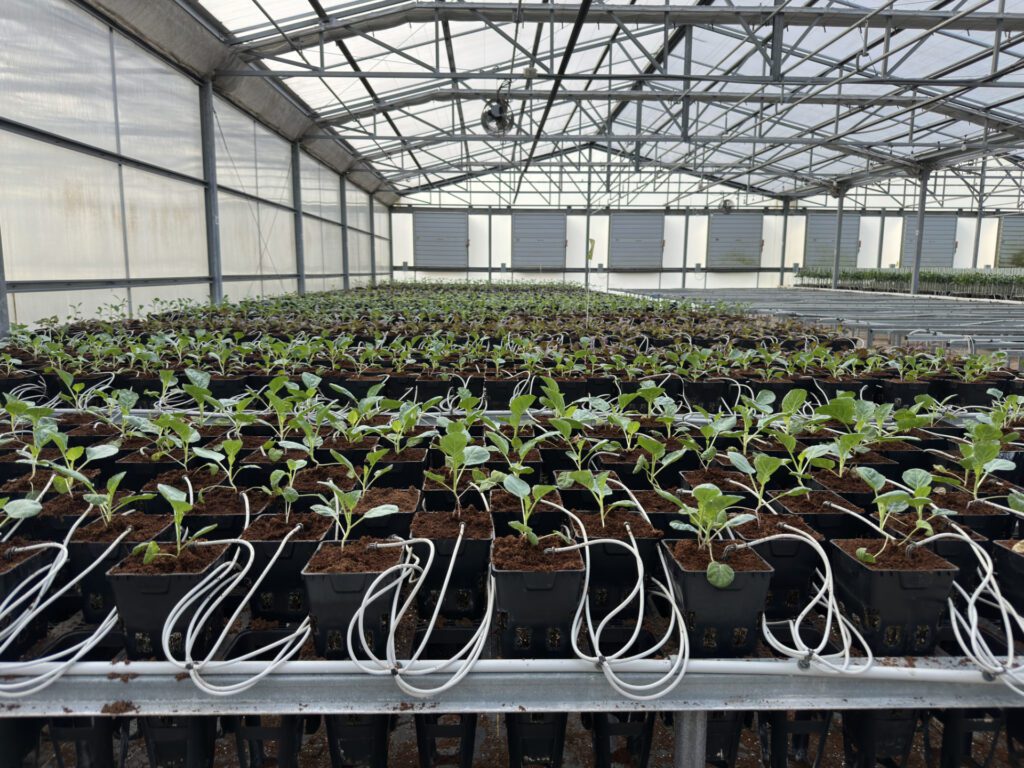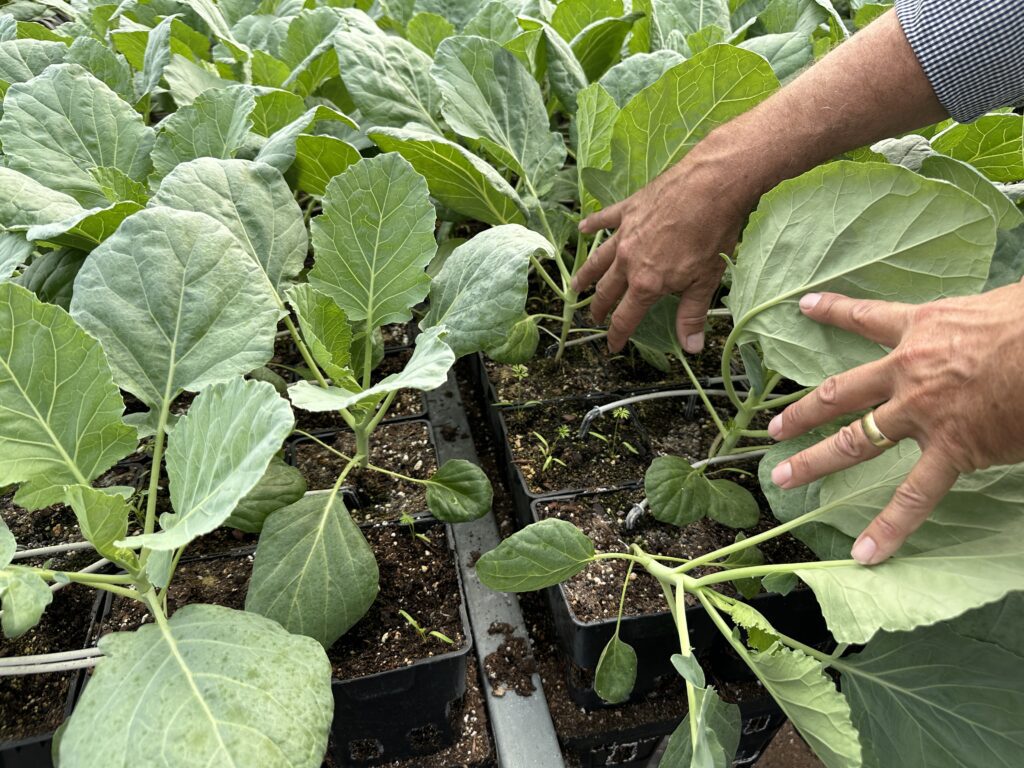Ben Hill Griffin Nursery Ventures Into Vegetables, Greens, Herbs, and Flower Products
by REBEKAH PIERCE
photos by JESS McDONALD
Beloved performer Dolly Parton famously said, “We cannot direct the wind, but we can adjust the sails.”
As Florida’s citrus industry continues to struggle amid the citrus greening crisis, more producers are having to adjust their sails. And as greening drags on, innovative companies like Ben Hill Griffin are exploring new opportunities to expand and diversify their businesses.
Setting Roots in Central Florida With Citrus
BHG opened more than 75 years ago, with humble beginnings as a 10-acre orange grove and small citrus packinghouse. Ben Hill Griffin Jr., the founder, had a passion for growing citrus that he passed down to his many future successors. While citrus is still the company’s primary focus, followed by cattle and fertilizer, the Ben Hill Griffin Nursery and greenhouse has started to spread roots outside citrus.
To shore itself up against unpredictable environmental tides, the nursery and greenhouse are branching out to also grow flower products, vegetables, greens and herbs.
“Like most citrus companies,” says Nursery Manager David Nelson, “HLB has impacted our production of fruits as well as the industry in general, including citrus nurseries where trees for replants and new groves are produced.”
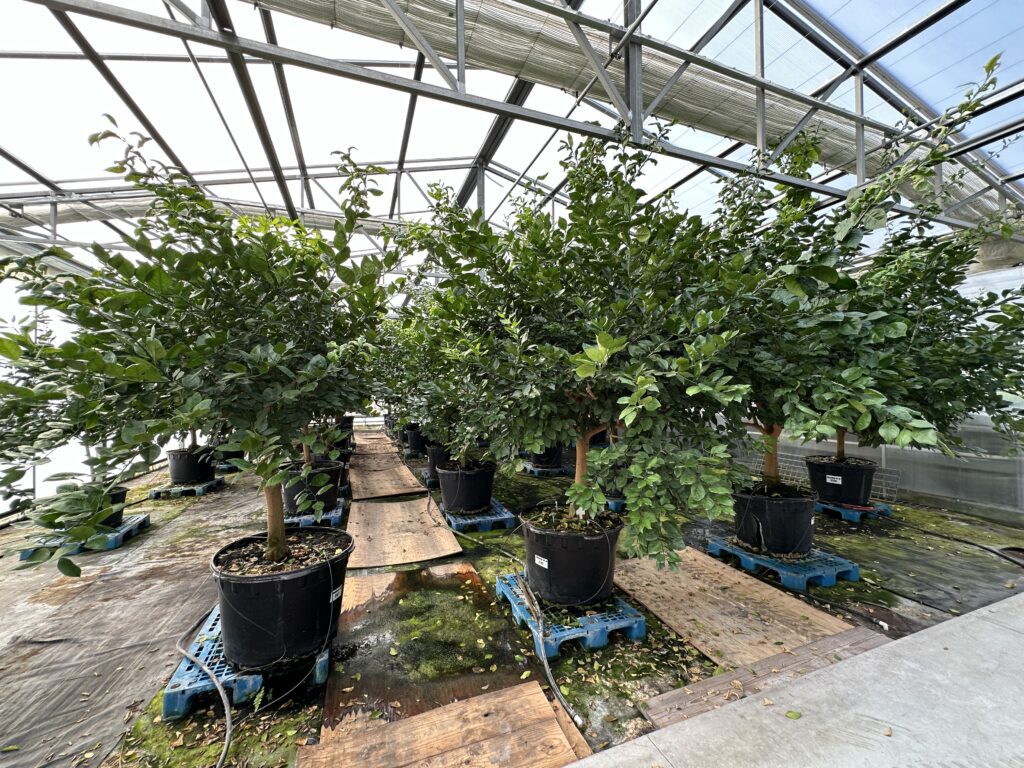
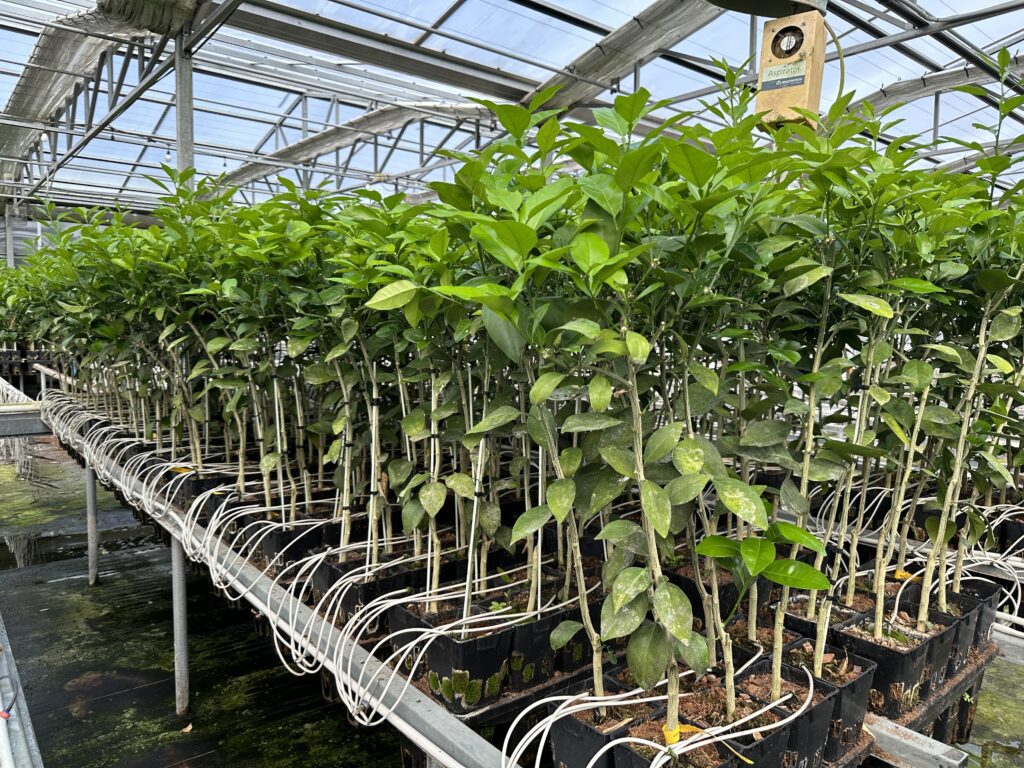
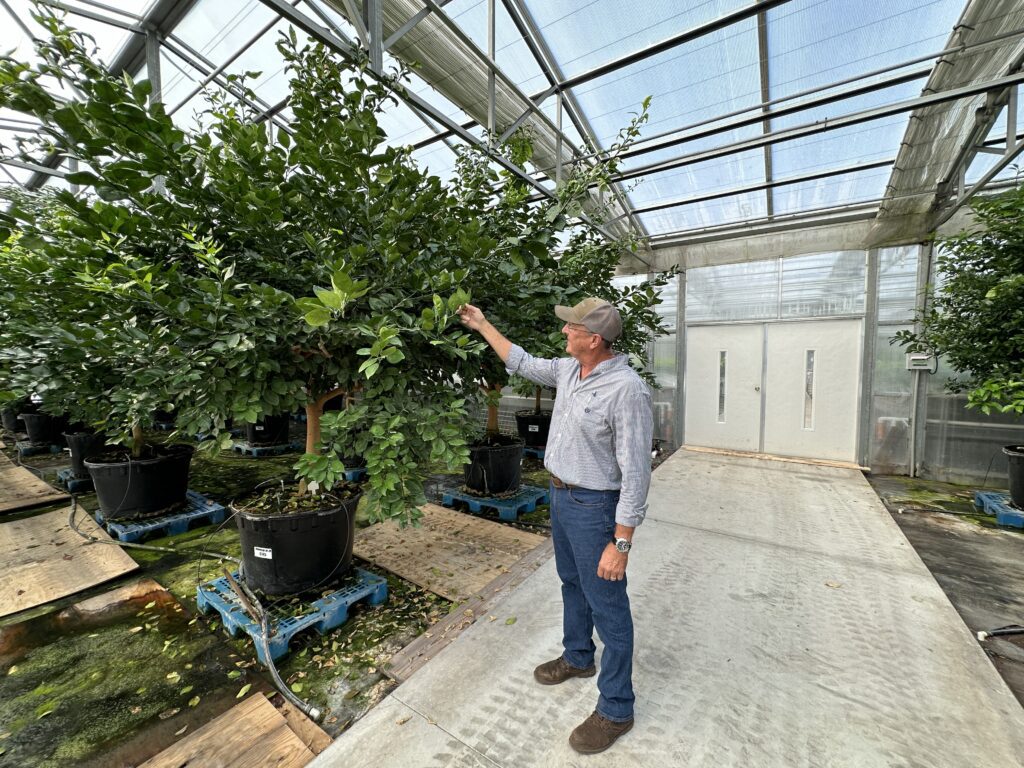
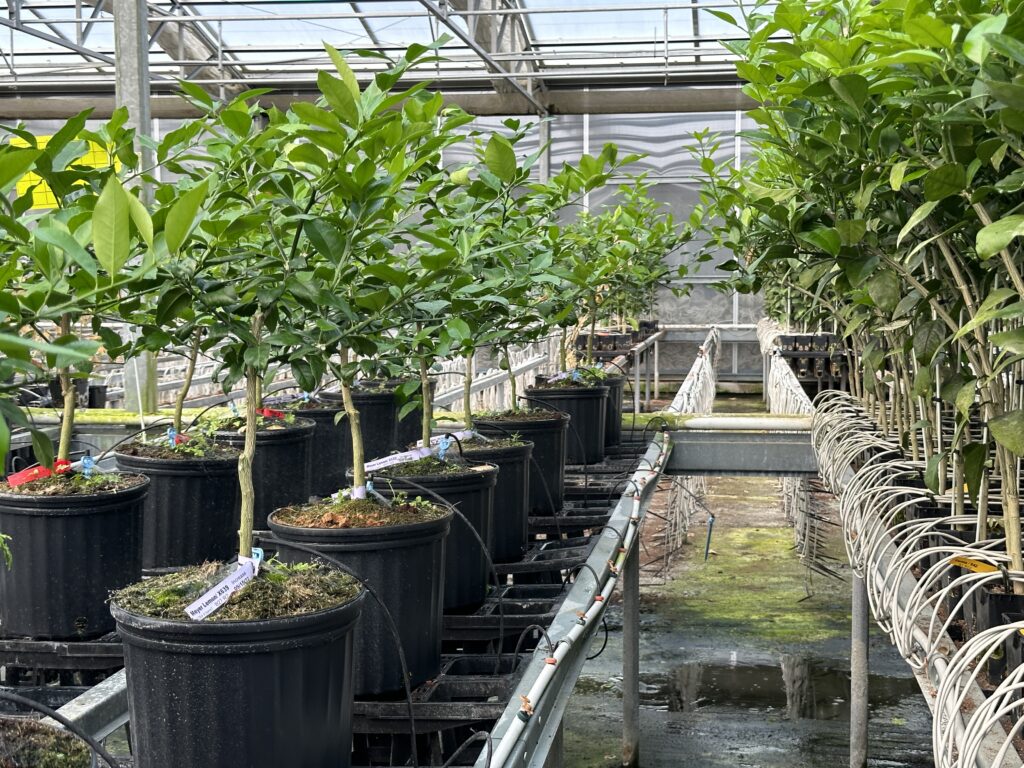
Expanding the Greenhouse
“The public knows us well for citrus…citrus will always be our lead focus,” says Greenhouse Produce Manager and Grower Megan DeJonge, but they want folks to know that they aren’t just all about oranges.
“We hope to spread the word to find new partnerships with retailers, restaurants/chefs, and other aggregators of produce.”
Intending to forge partnerships with other companies (including retail stores and restaurants), DeJonge says that BHG has a long-term mission of building a “small, fresh, multi-crop local food hub.” As an initial step toward meeting that goal, DeJonge says the company has “plans to introduce more rare crops for this area, like purple sprouting broccoli,” adding that “it’s hard to bank all hope on only local sales without some type of determined contract for the longevity of the project.”
Nelson is optimistic that the diversity in crops grown will help bridge the gap until “HLB-resistant citrus cultivars” can be developed, “positioning BHG Inc. to be leading the charge of rebuilding our citrus industry as well as expanding our brand into these other greenhouse-grown crops and products.”
“We have had the best success so far with foliar-focused crops such as collards and kales since it utilizes the same design as the tree tables we have in place for growing citrus, and most require little pollination,” Nelson says.
They also planted some “interesting varieties” of basil, peppers, and cucumbers this spring, DeJonge adds, admitting that “any Florida grower knows…prime time isn’t until at least November, going until early Spring.”
“The neat thing about this parallel growing project,” she continues, “is [that] the maturity days of many crops are so little compared to citrus trees.”
Most crops that grow in the BHG greenhouses take 30 to 55 days to harvest, a variable that’s quite different from citrus. “Hopefully, we can produce revenue to help with the overhead of citrus-growing costs. We can get in four to five seasons of succession crops in a small area, all in the time it takes to ship out one crop of trees.”
Local Growth – With Global Potential
Currently, BHG sells citrus products, potted plants, and fresh products to the public — most of which are available on the company’s website, benhillgriffinnursery.com.)
They were also recently certified to distribute their custom blend fertilizer, a product BHG already uses on its crops and the trees out in the groves. This fertilizer can be small packed and sold right alongside the plants. “We are in development now of a combo pack product line,” DeJonge explains, giving an example of a lemon bush that comes with its own branded fertilizer. “We have a mini eggplant we are marketing the same way.”
